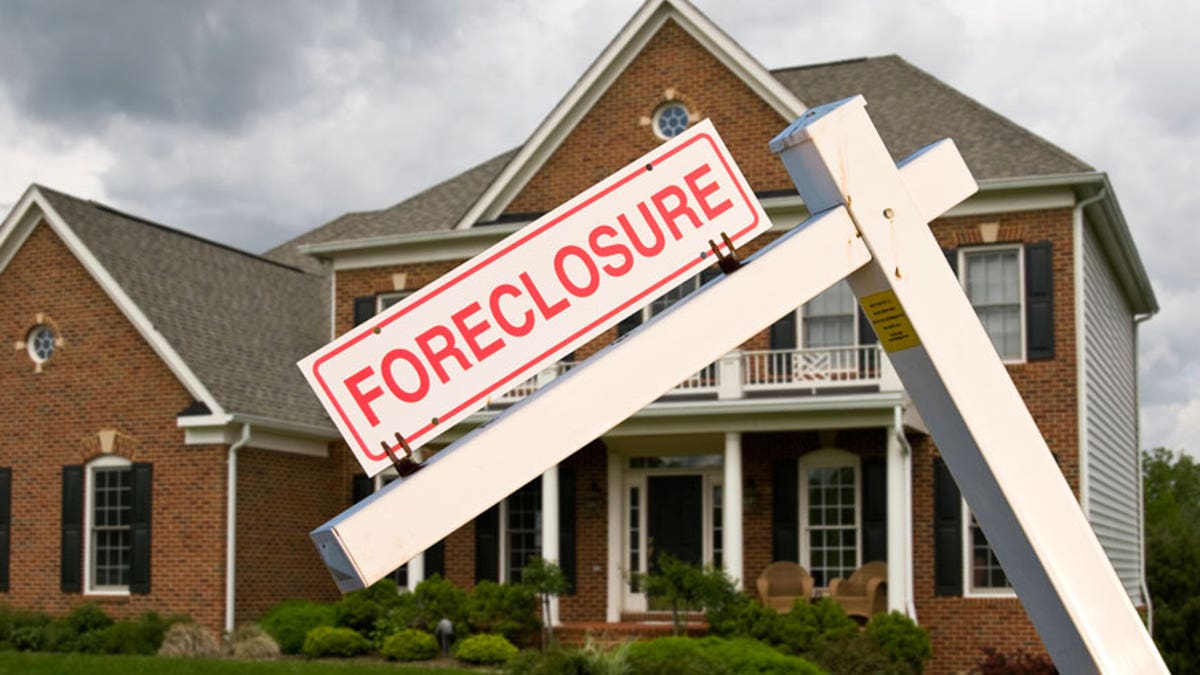
(iStock)
Going through a foreclosure can be a traumatic experience. But it doesn’t mean you’ll never own a home again. If you’ve recently gone through a foreclosure, here’s how to bounce back and put yourself on track to buy another home.
Cleaning Up Your Credit
The first step on the road to recovery is to start repairing your credit. A recent study by FICO found that the higher your credit score before the foreclosure, the longer it would take to fully recover. For instance, a homeowner with a credit score of 680 would take around three years to get back to that pre-foreclosure credit score. But a homeowner that started out with a score of 780 would require seven years after a foreclosure to get back to where they were.
The best way to repair your credit is to continue using credit, but make sure you keep up to date with your payments. People often make the mistake of closing credit lines or cutting up credit cards when their scores take a major hit. But shunning credit altogether only leaves a large gap in your credit history, which is nearly as troubling to lenders as a bad credit history. Lenders want to see you using credit regularly, but they want you to do it in a responsible way. To avoid missing a due date by accident, set up automated payments. If you find yourself struggling to keep up, work with your lenders to set up a modified payment schedule. You’ll also want to get a full credit report to ensure that there aren’t any errors or instances of fraud, which can further harm your score. A federal law allows you to get a free yearly credit report at Annualcreditreport.com, which will allow you to track your progress.
Putting in Your Time
Repairing your credit is only one part of the waiting game. You’ll still need to find a lender willing to offer you a mortgage. Unfortunately, after a foreclosure, many lenders will give you the cold shoulder. However, there are some government-backed loans that can help speed up the process.
For many people, an FHA loan will be the quickest path back to homeownership. After a foreclosure, the government body requires a three-year waiting period before you can qualify for another FHA-backed loan. Fannie Mae and Freddie Mac loans have an even longer wait time. Those lenders both require a seven year period before you’ll be considered for a new loan. There are exceptions, which can speed up the process. For instance if you can prove that the foreclosure was the result of a death in the family, or an unexpected job loss, you might be able to qualify for a new loan sooner.
Your Tax Obligation
Uncle Sam always wants a cut, and it’s no different when you go through a foreclosure. It comes as a shock to many people, but the federal government considers a forgiven debt as a form of income, which means you might have to pay income tax on a foreclosure. To help out struggling homeowners, Congress passed a law in 2007 that exempted up to $2 million in forgiven debt in most cases of foreclosures. The law expired at the end of last year, but if your foreclosure finalized before then, you’re likely off the hook for a large tax bill.
Even if you don’t qualify under the act, there are other exceptions as well. For instance, in cases of bankruptcy or insolvency, the government won’t pursue you. But if the IRS is on your case, demanding its share, you best option is to consult with an accountant who has experience dealing with foreclosures.







































